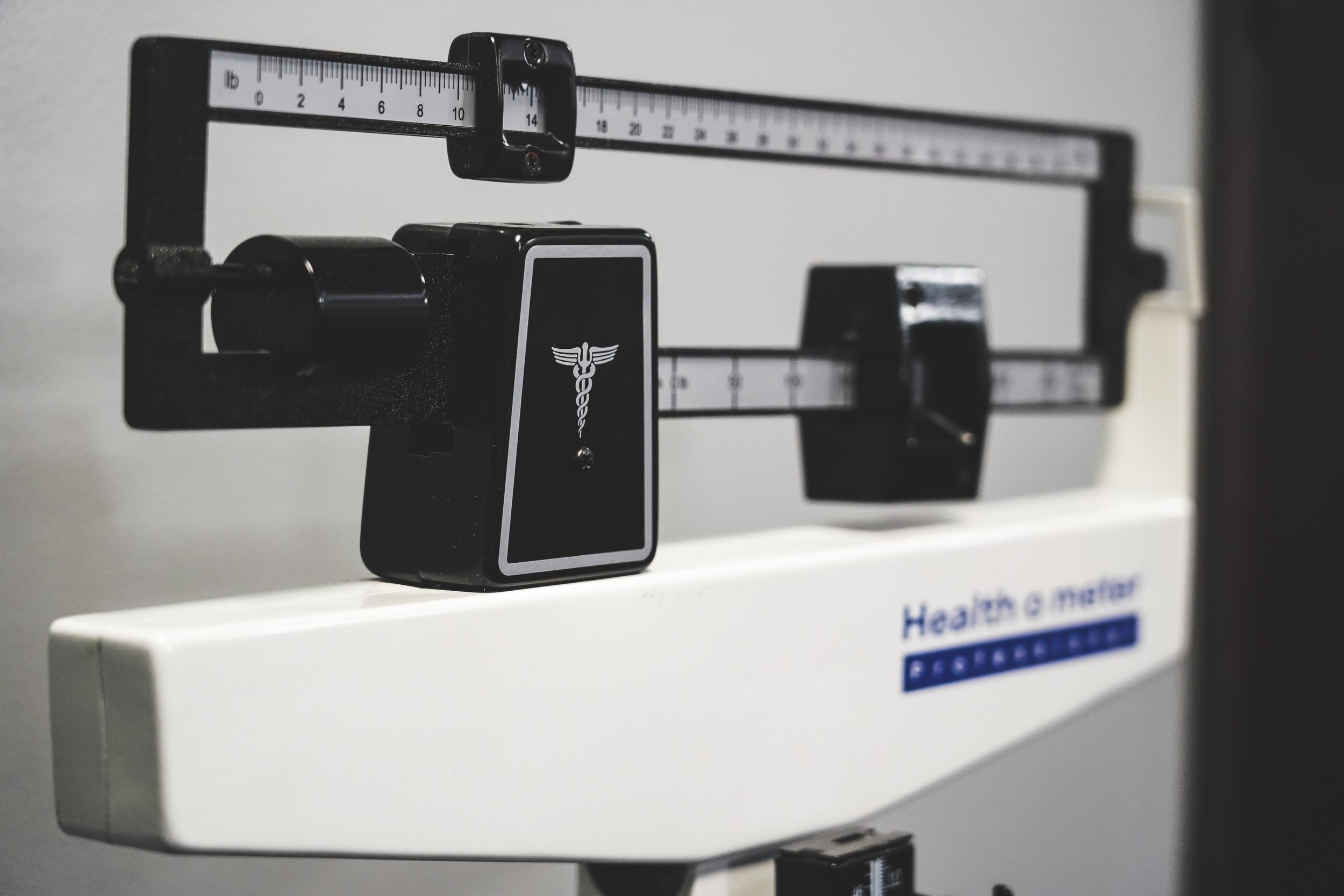What kind of person would you think of if you were asked to picture a ‘healthy’ person? What would their body shape and size be like? A natural response might be to picture a skinny person. Most of the time, we equate thinness with health. But more medical professionals and individuals are learning, thin doesn’t mean healthy. Here’s why.
An Eating Disorder Therapist Shows How The Numbers On The Scale Doesn’t Mean As Much As You Think It Does

Body size is not as much of an indicator of health as you might think. Weight and health are not correlated. Your health depends more on what you eat and how well you manage stress than the number you see on the scale.
Health can exist in every size. The Health at Every Size (HAES) approach is all about ending weight stigma, bias, and treating patients of all body types more holistically.
This concept was trademarked by a thin white person, Dr. Lindo Bacon. Researchers who better represent the people of HAES is meant to serve are gaining a voice in the field. Marquisele (Mikey) Mercedes is a doctoral student studying how racism, anti-Blackness, and fatphobia. This has shaped health care, research, and public health promotion and training. She writes about weight stigma from the perspective of a fat person of color.
Unfortunately, not all medical providers follow the Health at Every Size principles. Some doctors may still prescribe weight loss even when weight isn’t the issue.
Being Thin Can Come With Health Complications and Body Image Therapy Can Help
Sometimes, being underweight can have more immediate adverse health effects than being overweight. Often, fatness is linked to high blood pressure and cardiac issues. But, being too thin takes a more immediate toll on your heart.

Being underweight can lead to fatigue, dizziness, brain fog, fertility problems, and a weakened immune system. Research has shown that people who are “overweight” may live longer than people with low body weights.
Losing weight includes dieting, excessive exercising, or purging. All are at risk for malnutrition and serious health complications that can be fatal.
“Healthy is the new skinny”
Through body image therapy, you are choosing to treat your health as separate from your weight is better for your mental health, too.
Model Katie Willcox developed a social media movement called “Healthy is the New Skinny.” This shows that aiming to be healthy is a better goal than working to be skinny. If you eat and exercise with the goal of being skinny in mind, you could fall into disordered eating patterns and/or exercise addiction. You may make damaging, unhealthy choices in your pursuit of thinness.
Prioritizing health is a healthier goal for both your body and your mind.
When Katie started using this mindset, she was able to find her “happy weight” and still book all the modeling gigs.

Pursuing weight loss or thinness is not the same thing as taking care of your health. The diets and weight loss solutions that are marketed to us do not take into account our overall well-being. Becoming thin by any means necessary will do far more harm to your physical and mental health than accepting your body and yourself as you are.
Note: Pursuing health is not an obligation
When talking about what it means to be healthy, it is important to note that your worth does not depend on your health.
Various barriers prevent many people from accessing the medical care and food options. Resources needed to maintain a healthy lifestyle is often a privilege in itself.
You do not have to be working to become healthy in order to deserve love, care, or respect.
Learn More About Body Image Therapy in California
Are you struggling with an obsession with being thin? Our team of therapists and registered dietitians can help you with unhealthy thinking. Start doing what is best for your body!
Contact us to schedule a free consultation.
More Services Kindful Body Offers:
Kindful Body offers online therapy services from the comfort of your own space. We also offer services for Emotional Eating Disorders, Eating Disorder Recovery for College Students and Teens, Nutritional Counseling, Trauma, Anxiety Treatment, Therapy for Low Self-esteem, and Grief Counseling.

